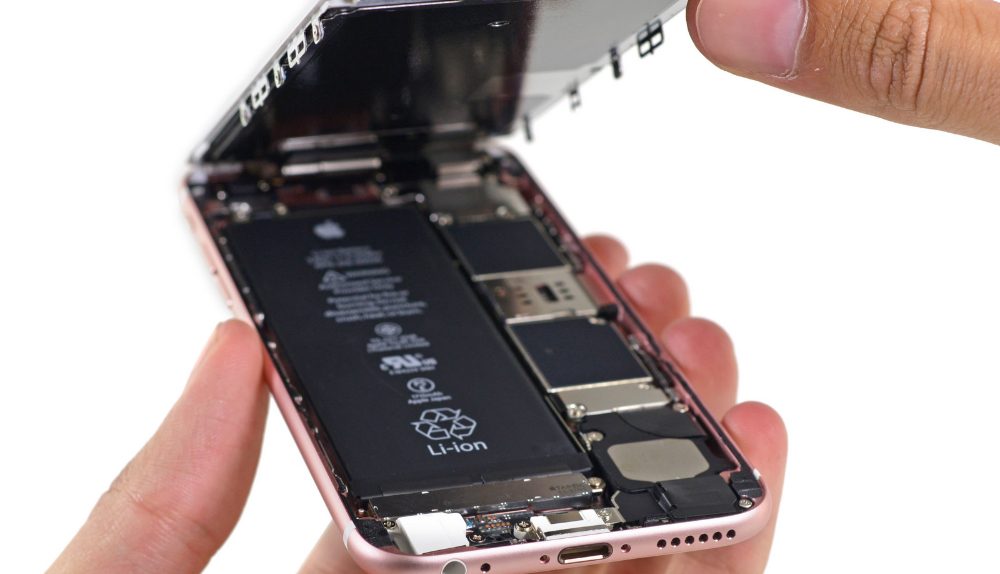One of the things Apple will do differently this year when it comes to its newest iPhones is to install different amounts of RAM on the iPhone 7 and the iPhone 7 Plus. The iPhone 7 will have 2GB of RAM like its predecessor, while the iPhone 7 Plus is going to be bumped up to 3GB of RAM. That’s what most reports claim, explaining that the features of the dual-lens camera that’ll be found on the phablet will require extra memory. But why isn’t Apple going for massive RAM upgrades as its biggest rivals?
DON’T MISS: Official: Samsung recalls Galaxy Note 7 worldwide, announces replacement program
Flagship Android devices ship with 4GB of RAM, while some device makers went for 6GB of memory inside a phone. One reason is that the iPhone probably doesn’t need as much memory. The iPhone 6s with its 2GB of RAM is still faster than the handsets with double or triple the memory because Apple does a great job at optimizing software performance.
But one other reason is that RAM is pricey, and there’s only so much to go around. And Apple likes its money.
A new report from DRAMeXchange says that RAM prices are going up as Apple has been ramping up demand for the iPhone. As such, other devices will suffer.
“With the official launch of the next iPhone release on September 7, the entire smartphone supply chain is now under a critical period of intense stock-up activities.” DRAMeXchange director Avril Wu said. “At the same time, there is still high demand for memory components from Chinese smartphone brands, so both the DRAM and NAND Flash markets are experiencing tight supply.”
It looks like Apple is carefully planning its RAM consumption. iPhone RAM demand is driving up prices, something Apple doesn’t want from suppliers. So Apple is probably more interested in making the iPhone 7 perform better without increase the amount of RAM, if there’s no reason to do it.
The report says that demand for servers has also heated up recently, becoming one other factor that explains DRAM price increases, which means PC RAM supply has also tightened.








